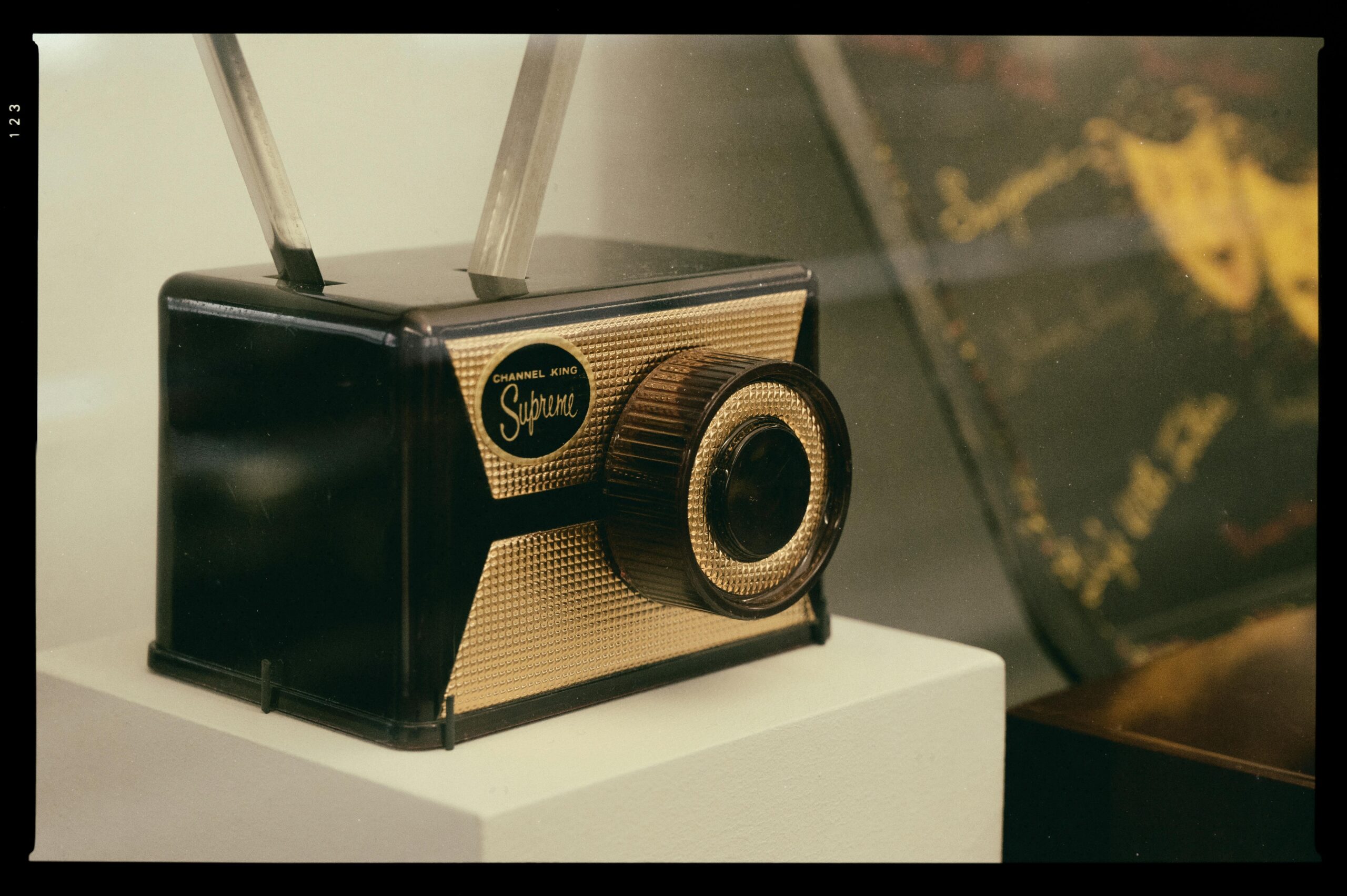
Variety Radio
By Andy Beaubien, BPR

One of the most successful radio formats in the US is one that is rarely a topic of discussion in industry circles. Nevertheless, the so-called “Variety” format is one of the original radio formats with a history that reaches back to the start of private radio broadcasting. The format currently ranks 6th in the number of US stations that describe themselves as “variety”. Another term used to describe this format is “full service”.
The Variety format lives up to its name by combining news, information, music and informative and entertaining presenters. The format often focuses on local news, events and culture. In many markets, the Variety station is known as the “hometown station”.
In the US, Variety stations tend to be most common in smaller markets. Typically, smaller markets are less competitive than larger ones. Nevertheless, in other developed countries the Variety format fares quite well even in large markets. In many countries, publicly operated stations have a longer history than privately-owned stations and their listeners are accustomed to hearing a variety of programs. Privately-owned stations in these countries may also offer a wider variety of programs and, in some cases, may deliver a superior product.
The Variety format has several advantages over narrowly focused formats, one of which is a wider demographic reach. Whereas narrow formats tend to drill down into a specific audience group, Variety formats, by their very nature, are designed to appeal to diverse audience tastes. The Variety station is often marketed as the station that “everyone can agree on” whether at home or at the workplace.
Narrow formats such as Classic Hits and All News demand a consistent stream of homogenous music or news to live up to their format promise. Dayparting is a challenge. Variety stations, on the other hand, are more flexible and can adjust their program content to different times of the day and to different available audiences.
Localism has long been associated with Variety stations. The format works best when listeners sense that the station “belongs” to their community. This feeling of ownership can greatly enhance loyalty to a station.
The Variety format will not necessarily work in all competitive situations but where conditions are right, it can be quite successful.

Discussion
No comments on this post yet, start a discussion below!